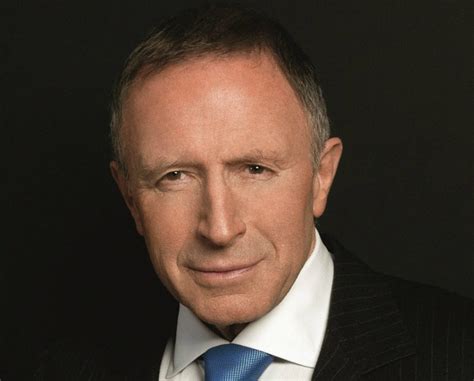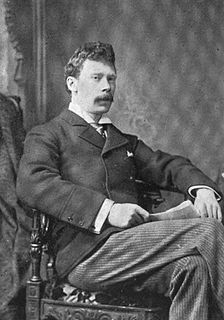A Quote by Vilayanur S. Ramachandran
People think of art and science as being fundamentally opposed to each other, because art is about celebrating individual human creativity, and science is about discovering general principles, not about individual people. But in fact, the two have a lot in common, and the creative spirit is similar in both.
Related Quotes
Freedom is necessary for two reasons. It's necessary for the individual, because the individual, no matter how good the society is, every individual has hopes, fears, ambitions, creative urges, that transcend the purposes of his society. Therefore we have a long history of freedom, where people try to extricate themselves from tyranny for the sake of art, for the sake of science, for the sake of religion, for the sake of the conscience of the individual - this freedom is necessary for the individual.
Therefore, the two processes, that of science and that of art, are not very different. Both science and art form in the course of the centuries a human language by which we can speak about the more remote parts of reality, and the coherent sets of concepts as well as the different styles of art are different words or groups of words in this language.
All art is fundamentally subversive, because it upsets people's perceptions, their notions about society. Therefore, art is dangerous, but good art is always making us reassess our thoughts and feelings about how we relate to other people. There are always people who fear that and want to suppress that.
The more I do this creative work teaching the "Personal Creativity in Business" course at Stanford the more I realize that business is about people in groups being creative in their own way. If business creativity does not allow individual development, then it isn't sustainable. But if business creativity means people bringing out their best and developing that, then amazing things can happen - not only for the business but also more importantly for the individual and the surrounding community.
I think a lot of people are involved in art because of the fashion of art and the conversation. It gives them a certain sophistication, something to speak about. But art is, if it's conceptual, really about understanding the concept. And if it's beautiful, it's about seeing the beauty. It's gone much further than that now. There's too much commercialism attached to art. If the market cracks one day big-time, you'll frighten so many people away who will never come back. Because they don't really feel for art. People who buy art should want it because they love it, they want to enjoy it.
Art and poetry cannot do without one another. Yet the two words are far from being synonymous. By Art I mean the creative or producing, work-making activity of the human mind. By Poetry I mean, not the particular art which consists in writing verses, but a process both more general and more primary: that intercommunication between the inner being of things and the inner being of the human Self which is a kind of divination (as was realized in ancient times; the Latin vates was both a poet and a diviner). Poetry, in this sense, is the secret life of each and all of the arts.
There are always forces at work in a society, certainly in America, which are really forces of censorship -either religious bodies or zealots who are always putting pressure on things, whether it's books or art or film. And all art is fundamentally subversive, because it upsets people's perceptions, their notions about society. Therefore, art is dangerous, but good art is always making us reassess our thoughts and feelings about how we relate to other people. There are always people who fear that and want to suppress that.
If there is no point in the universe that we discover by the methods of science, there is a point that we can give the universe by the way we live, by loving each other, by discovering things about nature, by creating works of art. And that — in a way, although we are not the stars in a cosmic drama, if the only drama we're starring in is one that we are making up as we go along, it is not entirely ignoble that faced with this unloving, impersonal universe we make a little island of warmth and love and science and art for ourselves. That's not an entirely despicable role for us to play.
We profess to teach the principles and practice of medicine, or, in other words, the science and art of medicine. Science is knowledge reduced to principles; art is knowledge reduced to practice. The knowing and doing, however, are distinct. ... Your knowledge, therefore, is useless unless you cultivate the art of healing. Unfortunately, the scientific man very often has the least amount of art, and he is totally unsuccessful in practice; and, on the other hand, there may be much art based on an infinitesimal amount of knowledge, and yet it is sufficient to make its cultivator eminent.




































